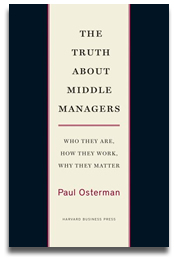WRDS Changes Access Methods
Thursday, August 27th, 2009Effective in early September 2009, Wharton Research Data Services (WRDS) is changing the way Library users of the WRDS web site access their site.
This change in access method does not affect Duke or Fuqua Faculty and Phd students who hold their own WRDS usernames and passwords.
If you connect to any WRDS data set from the Ford Library database page, or from the Duke Libraries database finder, you will need to enter your Duke email address at the WRDS web site, after you have entered your Duke NetID and password and been sent to the WRDS site.
Here are the new steps for accessing WRDS:
- User follows a link from a Library web site to a WRDS data set.
- User enters their Duke NetID and password when prompted by Duke.
- User enters their Duke eMail address at the WRDS web site.
- WRDS sends a “WRDS Day Pass” email to the user’s Duke eMail account that contains a “connection string” URL.
- All off-campus users, and non-Fuqua MBA Duke users (both on- and off-campus) must now enable a Duke or Fuqua VPN connection.
- The user follows the Day Pass URL and is connected directly to the WRDS site, and may begin their research.
The Day Pass URL is effective for 24 hours. After 24 hours, you must return to the WRDS web site via a Library site link, and re-submit your email address to receive a new Day Pass URL.
Remember that non-Fuqua Duke users, and ALL off-campus users must have an active Duke, or Fuqua VPN connection to successfully connect to WRDS via a Day Pass URL.
We will begin re-directing links to the new site for some WRDS data sets effective today (8/27/09), so that users can begin trying the new site access method above. These data sets are:
- Compustat Preliminary History
- Philadelphia Stock Exchange-Currency Options and Volatility
- Direct Marketing Educational Foundation Data
- CBOE (Chicago Board Options Exchange) Volatility Index
We encourage users to test their access on the new WRDS site by following links to the above products.
Please comment on this post, or contact us at reference-librarians@fuqua.duke.edu if you have questions or difficulty accessing WRDS.


